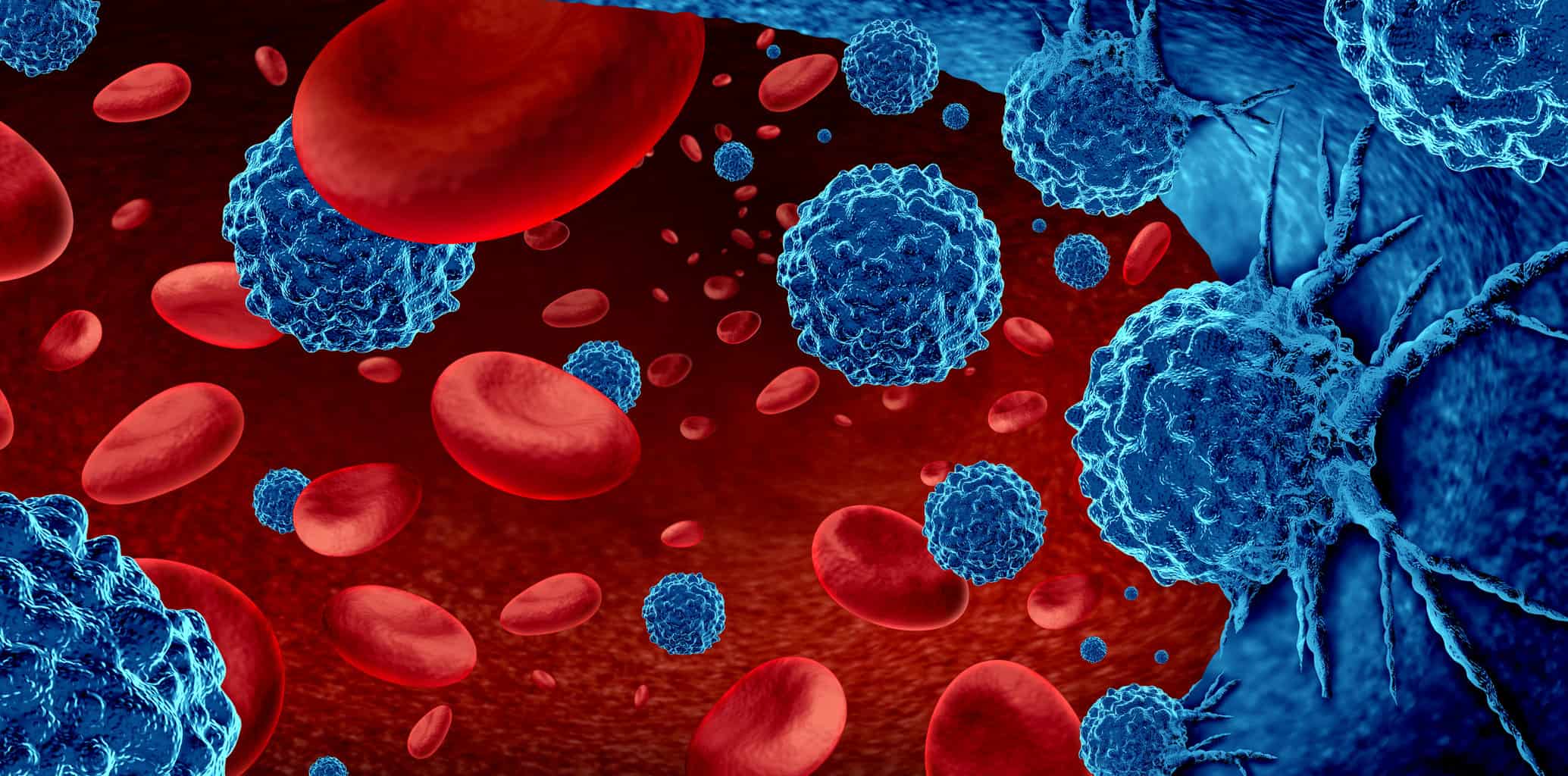Blood Cancers

Cancers of the blood, also called hematologic cancers, develop in the cells of the blood. There are many types of blood cancer, each with its own set of symptoms and treatment options. There are three main types of blood cancer: leukemia, lymphoma, and myeloma.
Leukemia is the most common type of blood cancer in children and adults. It develops in the bone marrow, where blood cells are made.
Leukemia can be either acute (fast-growing) or chronic (slow-growing). Acute leukemia needs to be treated immediately, while chronic leukemia can often be managed with medication and close monitoring.
Lymphoma is another common type of blood cancer. It develops in the lymphocytes, a type of white blood cell. Lymphoma can be either Hodgkin or non-Hodgkin. Hodgkin lymphoma is more likely to occur in young adults, while non-Hodgkin lymphoma is more common in older adults.
Myeloma is a cancer of the plasma adults. Plasma cells are a type of white blood cell that helps fight infection. Myeloma usually develops slowly and may not cause any symptoms in its early stages.
Blood cancers can be difficult to diagnose because their symptoms often mimic other conditions. If you have any concerns, it is important to talk to your doctor. With early diagnosis and treatment, many people with blood cancer can lead long and healthy lives.